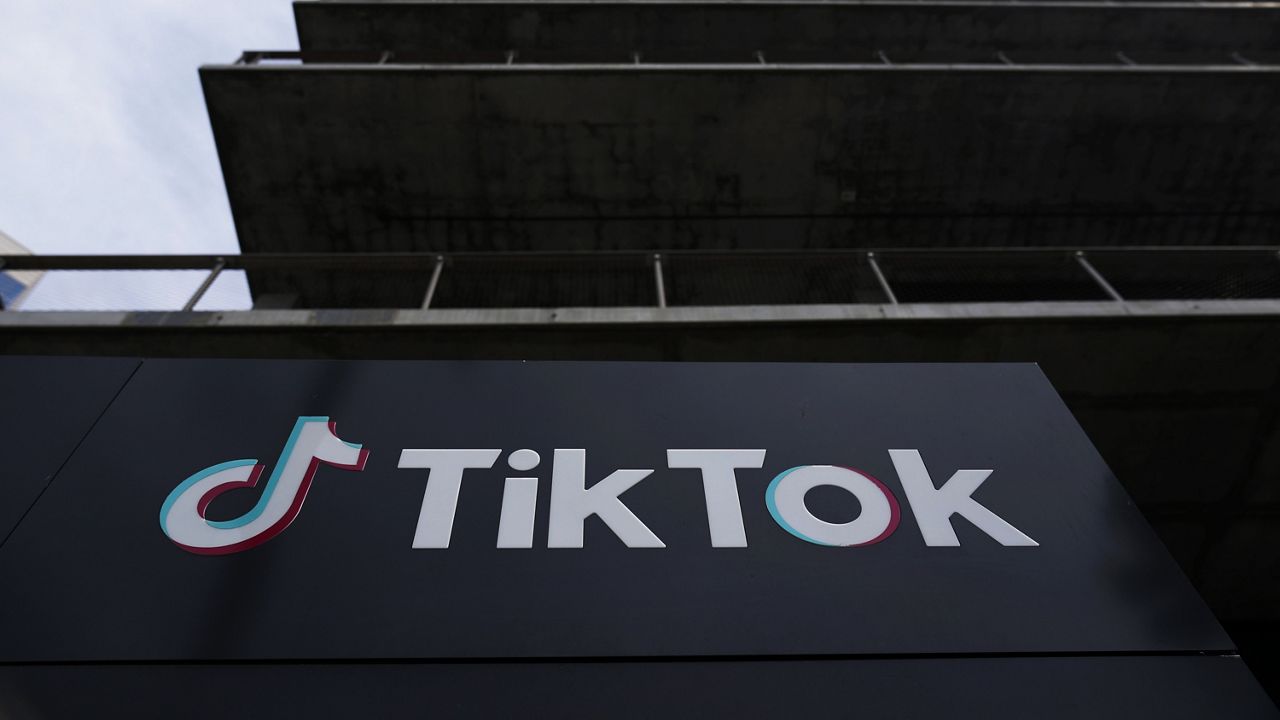WASHINGTON — The Supreme Court has agreed to hear TikTok’s challenge to the constitutionality of the federal law that would ban the popular video-based social media app in the United States unless its China-based parent company agrees to sell it.
The court set oral arguments in the case for Jan. 10 in a brief order released Wednesday morning, asking TikTok’s lawyers and the federal government to present their arguments on whether the app “violates the First Amendment.”
TikTok asked the court Monday to block the law before its Jan. 19 deadline. A panel of federal judges on the U.S. Court of Appeals for the District of Columbia Circuit unanimously upheld the law over a First Amendment challenge claiming that it violated free speech rights earlier this month.
“A modest delay in enforcing the Act will create breathing room for this Court to conduct an orderly review and the new Administration to evaluate this matter — before this vital channel for Americans to communicate with their fellow citizens and the world is closed,” lawyers for TikTok and ByteDance told the Supreme Court in a filing.
On Monday, TikTok CEO Shou Zi Chew met with President-elect Donald Trump at his Mar-a-Lago estate in Florida, multiple media outlets reported. Trump, who once supported a ban but then pledged during the campaign to “save TikTok,” said his administration would take a look at the situation.
“As you know, I have a warm spot in my heart for TikTok,” Trump said during a news conference Monday. His campaign saw the platform as a way to reach younger, less politically engaged voters.
The companies have said that a shutdown lasting just a month would cause TikTok to lose about a third of its daily users in the U.S. and significant advertising revenue.
The case could attract the court's interest because it pits free speech rights against the government's stated aims of protecting national security, while raising novel issues about social media platforms.
Without a court-ordered freeze, the law would take effect Jan. 19 and expose app stores that offer TikTok and internet hosting services that support it to potential fines.
It would be up to the Justice Department to enforce the law, investigating possible violations and seeking sanctions. But lawyers for TikTok and ByteDance have argued that Trump's Justice Department might pause enforcement or otherwise seek to mitigate the law's most severe consequences. Trump takes office a day after the law goes into effect.
The case has made a relatively quick trip through the courts once bipartisan majorities in Congress approved the law and President Joe Biden signed it in April.



